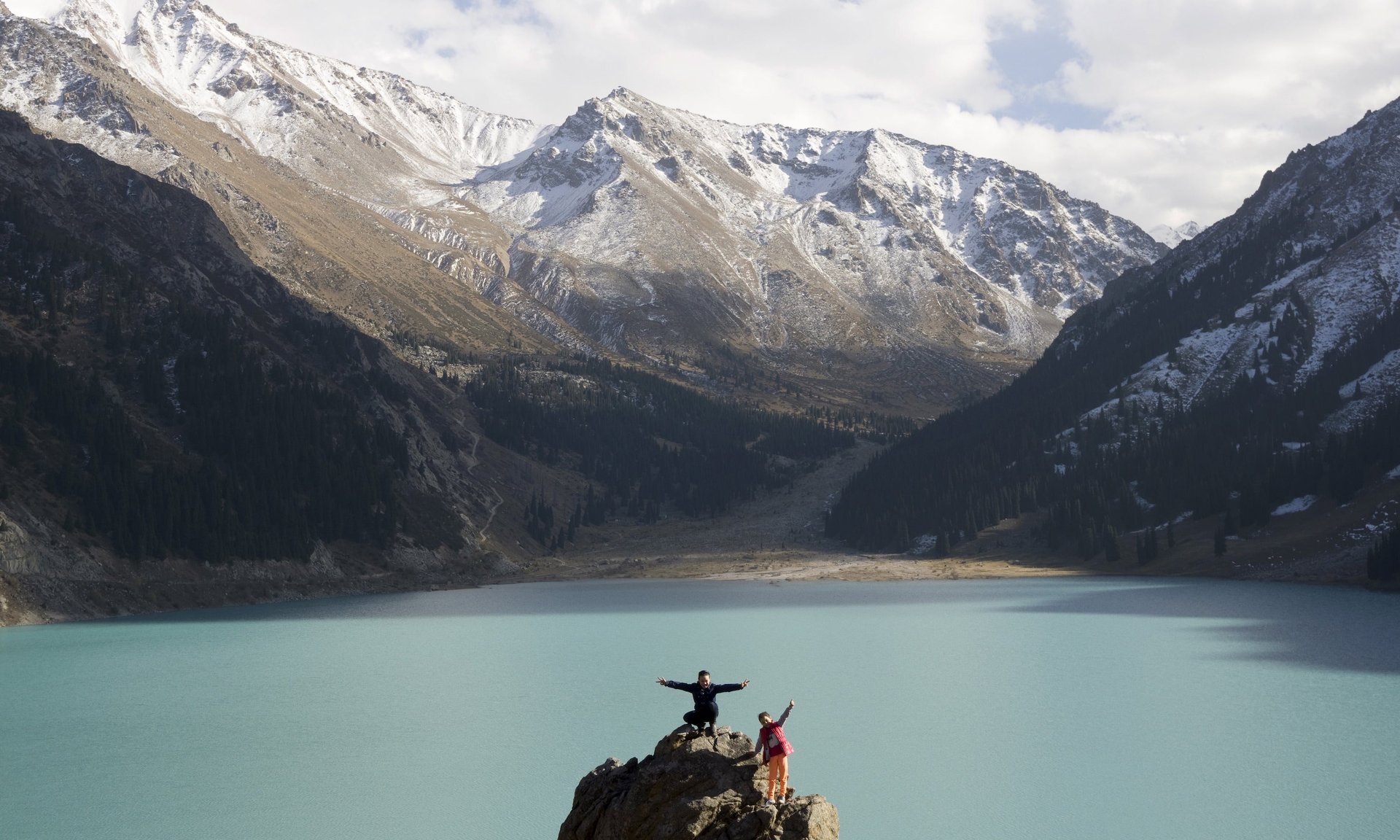On Black Friday, shoppers at REI will be turned away and told to go outside instead
In a month, Black Friday—the yearly US shopping extravaganza infamous for stellar deals and crazed customers, as well as its share of grisly accidents—will be upon us.


In a month, Black Friday—the yearly US shopping extravaganza infamous for stellar deals and crazed customers, as well as its share of grisly accidents—will be upon us.
But one major retailer has had enough of the frenzy. Yesterday (Oct. 26), Recreational Equipment Inc, the outdoor recreation chain better known as REI, announced some unexpected Black Friday store hours: all 143 of REI’s US locations will stay closed all day.
Instead, the company is encouraging customers to “opt outside” and spend the day experiencing the benefits of nature. No online sales will be offered that day, and the chain is also giving its 12,000 employees the day off with full pay.
“As a member-owned co-op, our definition of success goes beyond money. We believe that a life lived outdoors is a life well lived and we aspire to be stewards of our great outdoors,” CEO Jerry Stritzke said in a letter to REI’s members. He added: “We think that Black Friday has gotten out of hand.”
The company knows it will lose some money by keeping its doors shut on the biggest shopping day of the year, but, as a member-owned consumer co-up, REI doesn’t need to worry about the disapproval of shareholders. And because the retail chain centers around outdoor activities, a move like this may even strike the company’s 5.5 million members as “cool,” Stritzke told CNN.
REI’s decision is reminiscent of Patagonia’s attempt to get Black Friday shoppers to swap clothes instead of buying new ones. On the far other side of the spectrum, some retailers are offering Black Friday sales as early as Thanksgiving afternoon, and even extending the shopping period through the weekend to Monday, making for an exhausting five-day ordeal for employees and customers alike.
In his letter to members, Stritzke quoted a line from environmental philosopher John Muir, written in 1901: “Thousands of tired, nerve-shaken, over-civilized people are beginning to find out that going to the mountains is going home.” For now, the number of Americans benefitting from that realization remains a minority.